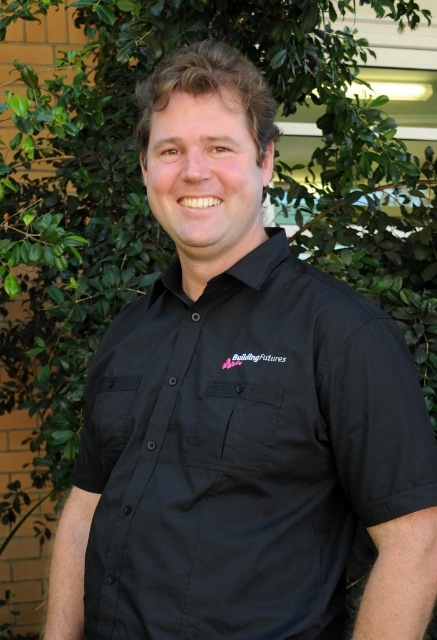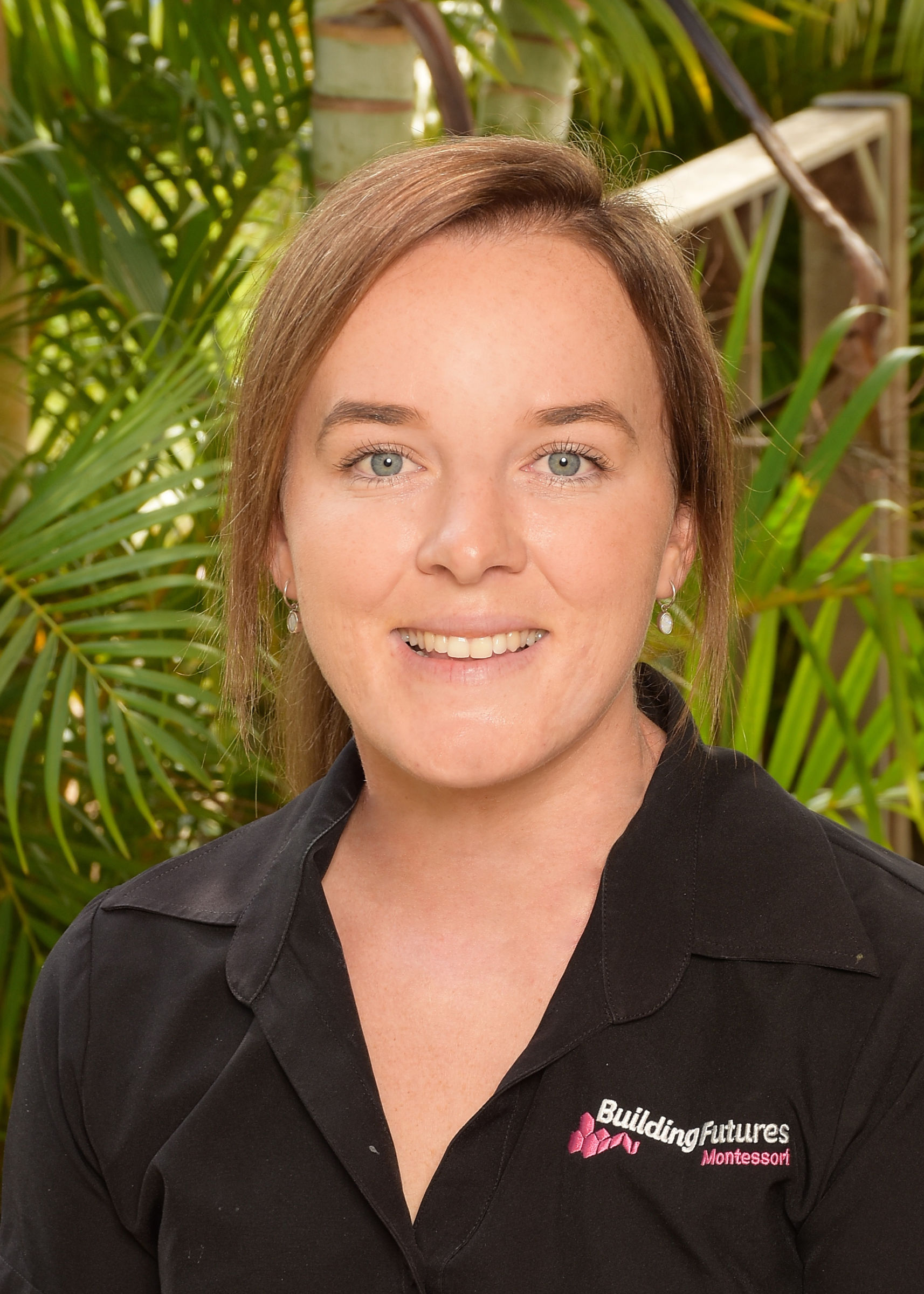
Derek
CEO
Derek has experience working across many countries and industries in a variety of roles within IT and engineering including as Software Development Manager for an international company. His MBA from QUT has given him the background in how businesses can operate more effectively to give the customer top value. He now looks after all I.T within the centres.
Vicki
CEO
After a number of years working in Secondary education, Vicki qualified in Early Childhood as she commenced work with the company in 1994 as a Director. Continuing her professional development over the years, Vicki has qualified in Montessori Education, Business and Training. As CEO, Vicki supports all aspects of company performance and direction.
Karen
Operations Manager
Karen has worked in the industry since 1996 in various roles including Preschool Teacher and Director after a number of years teaching in Primary Schools. Karen started working for Building Futures in 2002.Her current role is Operations Manager which supports the Directors and Educators in all aspects of the daily running of the centres and our college as well.
Kylie
Assistant Operations Manager
Kylie has worked in the childcare industry since 1997 through to 2009, beginning as a Group Leader, then worked up to a Director and them became part of the Management team. Kylie has been with Building Futures Montessori between 2005 to 2008 before returning to her current role as Assistant Operations Manager in 2013. Within this role Kylie provides support to our 3 centres and works within finance departments of both Building Futures Montessori and Building Futures Education Services.
Candace
Wavell Heights Director
Candace has worked at the centre since 2006, starting as a trainee/assistant studying her certificate III, then on to study her Diploma as Group Leader; and now she holds a Bachelor of Early Childhood and is Director of Wavell Heights. Candace says her passion is the children and the Montessori philosophy. She prides herself on a whole centre view always including and incorporating the educators, children and parents of the centre in her decisions and thoughts.
Georgie
Blackstone Director
Georgie started with Building Futures in 2008 at our Forest Lake centre. Georgie started as a Group Leader in a classroom and has moved up into the Director Role. She holds her Diploma of Montessori Education and her Early Childhood qualifications.
Hannah
Forest Lake Director
Hannah started with Building Futures in 2013 at our Forest Lake centre. Hannah has worked as a trainee educator, a Group Leader, Assistant Director and now has moved up to the Director and Nominated Supervisor Role. She holds her Diploma of Montessori Education and her Early Childhood Qualifications. She is also currently studying her Bachelor of Education – Early Childhood.
The importance of play in early childhood
Most parents are aware of the importance of play in early childhood. Play helps children develop physical, emotional and social skills and prepares them for the world of work. But you may not be aware of just how many different ways play is crucial to your child’s development. Let’s take a closer look.
Play develops physical, emotional and social skills.
Physical skills include balance, coordination, agility and strength. They also develop fine motor skills like finger control to help them grip a pencil or turn pages in a book. Emotional skills play an important role in developing self-control so that children can wait their turn instead of grabbing toys from other kids or pushing them out of the way when they want something at the store—or even just wanting something right away!
Social skills let children learn how to get along with others by cooperating with others while playing games together; they also learn how to negotiate during playtime when each child wants the same toy; finally, they can have fun leading other children around where they want them while playing tag or hide-and-seek!
Play helps children develop communication and language skills.
Play is an important part of early childhood development. It helps children to develop their communication skills, language, and imagination.
Play is crucial for the development of communication and language skills because it provides many opportunities for children to practice talking with others, listening to others’ ideas and opinions, responding appropriately to questions or commands, sharing toys with others (even if they don’t want to), taking turns being the leader in an activity with another child (or group), asking for help when needed (and accepting help from others), expressing feelings through words or actions without making a scene about it…the list goes on!
The more your child plays with other people—particularly other children around his/her age—the more exposure he/she will have towards different forms of expression through language, which will, in turn, lead him/her to become a better communicator which has been proven time after time by numerous studies across many different countries around the world
Play promotes cognitive development.
Play is a way of learning.
Play helps children to explore and understand the world around them. Through play, children use their imagination to create or re-create situations in which they can practice new skills and develop strategies for solving problems. Through play, children learn about themselves and others, their environment, and how the world works.
Children who are allowed to engage in creative activity at home or school tend to do better academically than those who do not have such opportunities.
Play can help children deal with stress and trauma.
Play is a powerful tool for teaching children about the world and for helping them deal with stress and trauma. For example, if a child is bullied at school, play can help them process their emotions, learn how to cope with the situation and discover strategies for dealing with bullying in the future. Play can also be used to teach children about loss or grief. For example, if your child loses a loved one through death or divorce, you could use play as an opportunity to talk about feelings surrounding that event while providing comfort and support to your child.
Play prepares children for the world of work.
Play is a wonderful way for children to learn because it allows them to develop skills and gain confidence in their abilities. Play allows for the practice of new skills and also provides the opportunity to learn from their mistakes.
Children need this type of opportunity in order to be prepared for the world of work. As adults, we often do not get much time to practice before being expected to perform at our best. This is why school teachers have “dress rehearsals” so that students can rehearse the skills they will need before they are tested or graded on those same tasks later on.
Play also prepares children for life by providing them with opportunities where they can adapt quickly and successfully when faced with changes or challenges that arise unexpectedly outside of playtime activities—for example, someone asks them a question about themselves; someone offers them something new to try; someone gives them feedback about how well they did something; someone criticizes their behaviour (positively or negatively).
Play is crucial to the growth of children.
Play is crucial to a child’s development. It helps the brain develop, teaches children new skills and can even help them deal with stress and trauma. Play prepares them for adult life by providing opportunities for social development, creativity and imagination.
Play helps children learn about themselves and others by exploring how things work in their world through play. It also helps them develop social skills such as taking turns or being part of a group (e.g., playing house). When babies play together with their parents or caregivers, they learn how people react when they do different things (e.g., babbling). This helps infants understand how communication works between people so that they can better engage with others later on in life.
Conclusion
As you can see, play is an important part of childhood. It’s a chance for kids to develop their social skills, learn new words and build confidence in themselves. As adults, we need to make sure they have plenty of opportunities to play so they can grow into happy, healthy adults!
